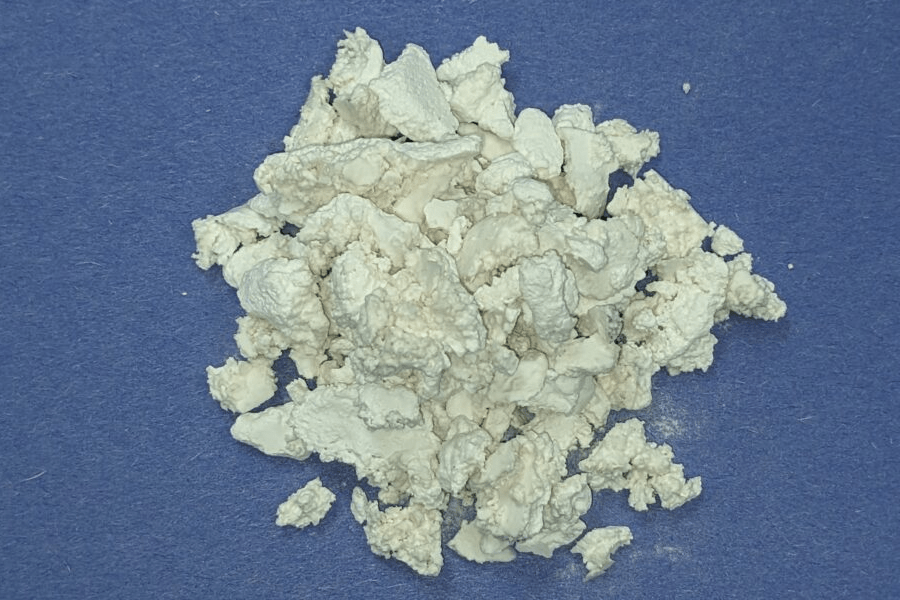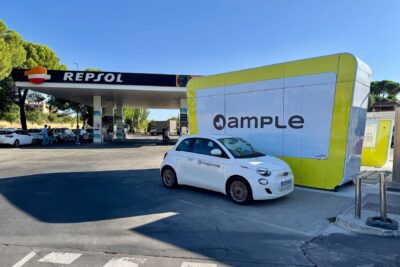Serbia gives green light for lithium project in the Jadar Valley
The lithium deposits in the Jadar Valley have a political history: the mining company Rio Tinto wanted to produce up to 58,000 tonnes of battery-grade lithium carbonate from 2026 with an investment worth billions. The construction of the vast underground mine in the rural region met great resistance from the local population and environmentalists. Although Rio Tinto had announced numerous measures – such as the use of electric dump trucks, the greening of the spoil heap and the treatment of the mine water – the protests did not subside.
As a result, the government revoked the regional development plan. It effectively withdrew the basis for the mining project – also in view of the upcoming presidential and parliamentary elections at the time. There were also rumours that Serbian tennis player Novak Djoković’s refused entry to Australia in 2022 due to a lack of coronavirus vaccination could have played a role. Djoković is close to the Serbian president, and Rio Tinto is a British-Australian company.
This revocation of the regional development plan is now an issue: a few days ago, the Serbian Constitutional Court ruled that the cancellation of 2022 was unlawful. As a result, the government issued a new decree intended to allow lithium mining again. Rio Tinto is still believed to be interested, partly due to the investments it has already made and the property purchases it has made.
It is not yet known how exactly the environmental concerns that officially led to the cancellation in 2022 will be addressed. However, it is becoming apparent that the government in Belgrade is now focussing on the economic prospects: Serbia’s Minister for Mining and Energy, Dubravka Djedovic Handanovic, is quoted as saying that this project represents “the future of Serbia’s economic integration in Europe.”
In fact, the lithium project will change economic cooperation: Serbia signed a declaration of intent for a raw materials agreement with the EU on Friday. In an interview with German Handelsblatt, Serbia’s President Aleksandar Vučić explained that Serbia could mine 58,000 tonnes of lithium annually. That would be enough for 1.1 million electric cars. Rio Tinto had already mentioned these 58,000 tonnes in 2021.
“We have one of the world’s largest reserves of lithium. This material is an important component of batteries that are needed for electric mobility. The EU needs lithium, and we want to strengthen our ties with the EU,” said the Serbian president.
However, he also made it clear that he wants to sell lithium and benefit from the demand. “We want to keep the added value – as far as possible – in our own country. That’s why we want to locate battery production in Serbia and only sell part of the lithium as a raw material. In this way, we want to strengthen our position as a location for car production,” said Vučić. “That would make it possible to export vehicles to the EU without customs duties, as a significant part of the car would be manufactured locally with the batteries.”
A “series of talks had been held and positive feedback received from the European automotive industry” – Vučić mentioned Mercedes-Benz, Volkswagen and Stellantis in particular, but also the Korean ambassador, “who had expressed his country’s interest in manufacturing in Serbia.”
tanjug.rs, reuters.com, handelsblatt.com (Vučić, in German), europa.eu (MoU)





0 Comments